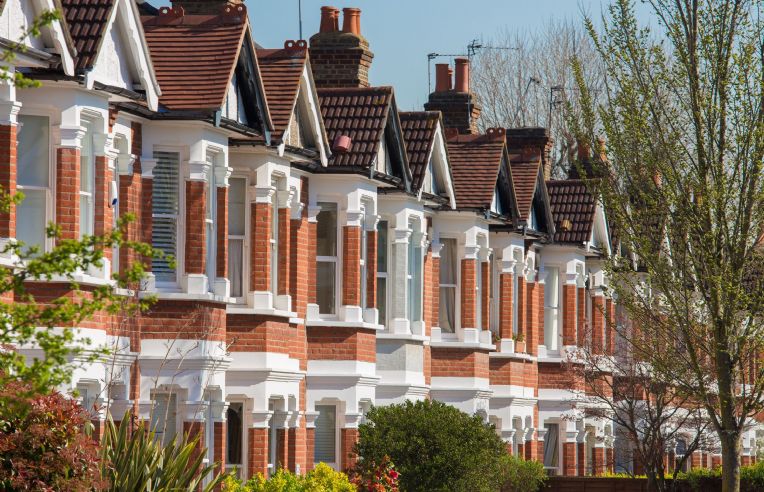



Buying a property that has tenants is not as easy as it sounds. There are important considerations to take into account. You need to ensure that the property you are buying is financially viable and that it will still make money once you own it. It’s also important to do your due diligence and find out if there are any legal liabilities or issues with the property.
There are many things to consider before purchasing a property with tenants, but don't worry! In this blog post, we'll teach you how to go about buying a home with tenants so you can live in peace and reap the benefits of your investment!
There are many factors to take into account before buying a property with tenants. One of the most important considerations is the financial viability of the property. You need to make sure that your property will still be worth it once you buy it.
You should calculate the money the property brings in, and then subtract any costs associated with it. This includes expenses like taxes, repairs, utilities and insurance. If you want to find out what a property is worth, you can hire an appraiser or use an automated valuation model (AVM) to give you a rough estimate of its value.
The best way to figure out if a home will still be worth it after you buy it is by calculating all the expenses and subtracting them from the income potential for that property. That will tell you if your investment will be profitable or not.
The first thing that you need to do before buying a property with tenants is to consider any legal liabilities and issues. You'll want to investigate the property for any liens against it. This will help make sure that the property is financially viable and that there are no legal issues with it. It's also important to check if there are any zoning, permits, or inspection issues with the property.
A second step in this process would be to get all of the information on prior inspections from the seller as well as past rental payments from previous tenants. You also want to find out any other relevant information about rent increases, evictions, leases, contracts, and anything else related to the current tenants living in the property.
Once you have all of this information collected, review it closely and ask yourself if you're comfortable taking on the responsibility of renting out a home with tenants. Be sure to document everything so you can reference it later if needed.
It’s important to know the building regulations for your country or state. In some countries, it is illegal to evict tenants without a valid reason. In other countries, you can evict them for any reason you want.
In some states, you are required to give a tenant at least 90 days notice before eviction, while in others you can do it with as little as one week’s notice.
You also need to check if there is any fixed-term lease agreement in place. If that's the case, you're going to need the landlord's approval before they can be evicted because of this agreement.
The steps mentioned above are just a few things to keep an eye out for when buying a property with tenants. Make sure you take your time and do your research before moving forward!
The first thing you want to do is make sure that your budget can accommodate the property. If it can't, then you'll need to rethink things and find a property that better suits your needs. When buying a property with tenants, you have to take into account the cost of upkeep on the property. Tenants typically have a security deposit and monthly rent, but in addition to this, there will be maintenance costs for any repairs or improvements that are needed.
For example, if someone accidentally breaks the dishwasher or toilet while they're living at your rental property, it will be up to you to repair these items.
It's also important that renters know this before they move in. You don't want them to come out of their security deposit because they were not aware of how much upkeep costs would be when they signed their lease agreement!
The first thing you need to do is to get your tenants on board. If there are any issues with the property, you’ll want to address them and make sure that they are taken care of before you purchase the property. It is a good idea to have them take a walk through the house before you finalize your purchase so that they can see if anything needs to be fixed.
You should also give them notice about the sale of the property so that they know what is happening and what their options are. This will help keep any issues from arising down the road.
It is also important to find out if any of your tenants have leases or other agreements in place with the previous owner of the home. Some may even want to stay on in some capacity; it's always a good idea to entertain these offers and work out an agreement with them, especially if it means increased cash flow for your investment!
As a property owner, you need to understand the legal and financial risks of taking on a property with tenants. You'll need to consider the financial viability of the property, look into any potential legal liabilities, check out building regulations, create a budget for upkeep and get your tenants on board.